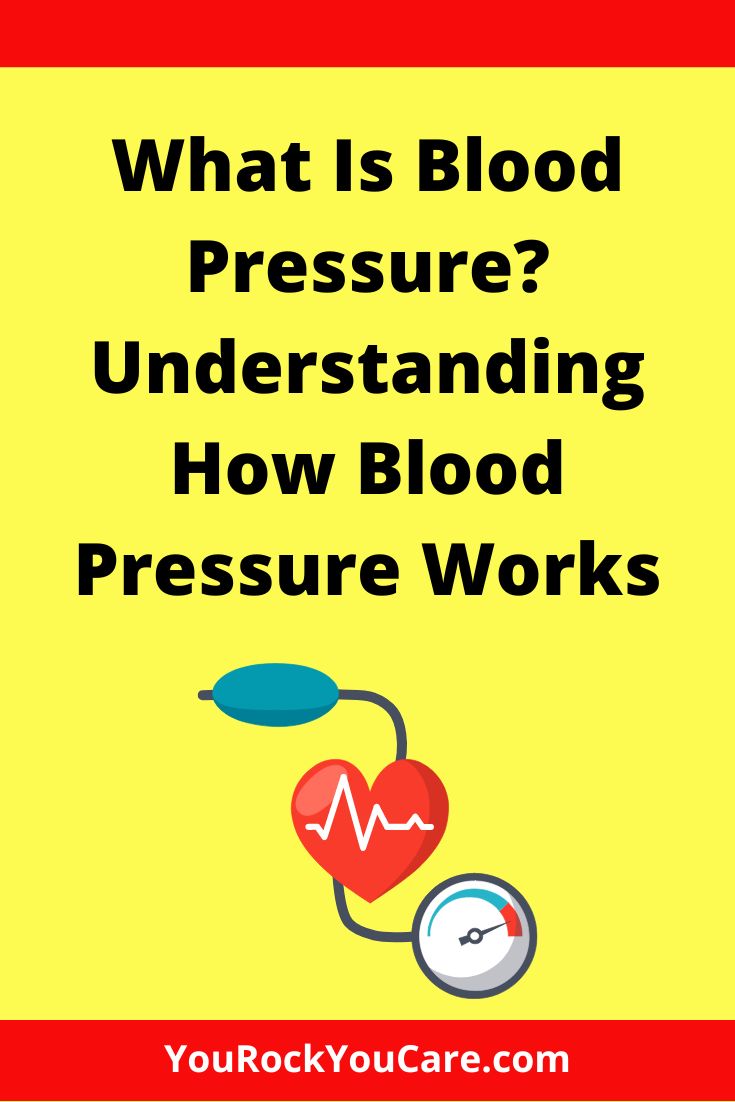What is blood pressure?
Blood pressure is the force of your blood against the walls of your arteries. Blood pressure consists of two numbers. The top number is the systolic pressure. The bottom number is the diastolic pressure.
Watch Video Now: What Is Blood Pressure? Understanding How Blood Pressure Works
By managing your blood pressure to within normal levels, you can lower your health risks and save your life.
Systolic blood pressure is the force of blood in your arteries as your heart beats.
If your systolic number is higher than 140 mm Hg, you’re considered to have high blood pressure. Even if your diastolic number is not high, you can still have ‘isolated systolic hypertension.’ This means only your systolic number is high.
Isolated systolic hypertension is more common for older Americans. Systolic pressure usually increases with age whereas diastolic pressure decreases after age 55. You might not know if you have isolated systolic hypertension; so, ask your doctor if you are concerned.
Diastolic blood pressure is the force of blood in your arteries when your heart relaxes between beats. For younger people, diastolic pressure is a very important number. The higher your diastolic pressure, the more you are at risk.
As people get older, diastolic blood pressure decreases while systolic pressure increases.
Normal blood pressure is less than 120/80 mm Hg.
Hypertension is the condition of having high blood pressure. You’re considered to have high blood pressure if your systolic number is 130 mm Hg or higher and your diastolic number is 80 mm Hg or higher.
According to the new guidelines from the American College of Cardiology and the American Heart Association (2017):
- Stage 1 hypertension is defined as a blood pressure at or above 130/80 mm Hg.
- Stage 2 hypertension is defined as a blood pressure at or above 140/90 mm Hg.
According to the Centers for Disease Control and Prevention (CDC), heart disease and stroke are the leading causes of death in the United States. Having high blood pressure increases your risk of dying from these diseases.
What makes matters worse?
Most people don’t know that they have high blood pressure. That’s why hypertension is called ‘the silent killer.’
High blood pressure makes your heart work harder than it should. Hypertension can lead to blindness, kidney disease and congestive heart failure as well as heart disease and stroke.
By understanding and preventing high blood pressure, you can prevent health problems associated with it. By living a healthy lifestyle — for example, by not smoking and not gaining excessive weight — you can prevent hypertension and diseases that can lead to premature death.
If you have any questions or concerns about your blood pressure, consult with your physician. She can answer any questions you might have.
- If you have hypertension, your doctor can prescribe some medications that can help lower your high blood pressure to a healthier level.
- If you’re overweight, losing weight can lower your blood pressure.
It’s extremely important to manage your blood pressure to within normal levels. This can lower your health risks and save your life.
References:
Facts About Hypertension: https://www.cdc.gov/bloodpressure/facts.htm
Sawicka K, Szczyrek M, Jastrzębska I, Prasał M, Zwolak A, Daniluk J. Hypertension – The Silent Killer. J Pre Clin Clin Res. 2011;5(2):43-46.
High Blood Pressure: The Silent Killer. Mayo Clinic Health System (August 28, 2020): https://www.mayoclinichealthsystem.org/hometown-health/speaking-of-health/high-blood-pressure-the-silent-killer

